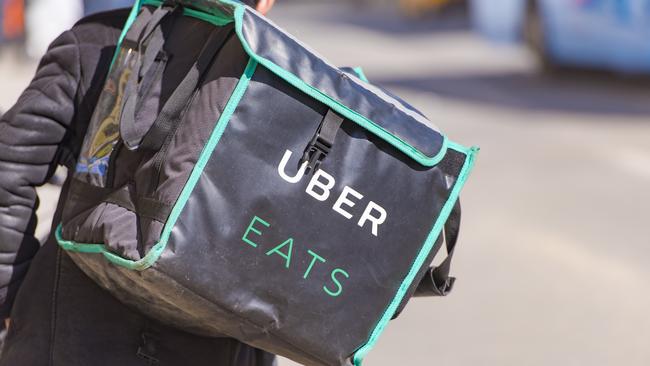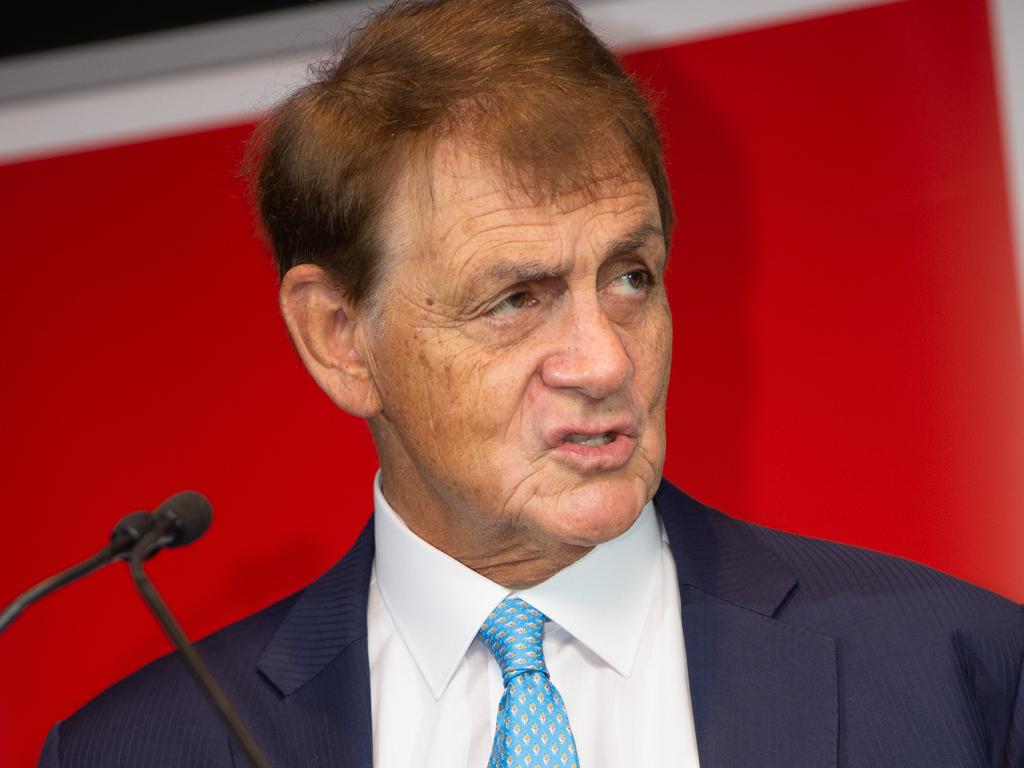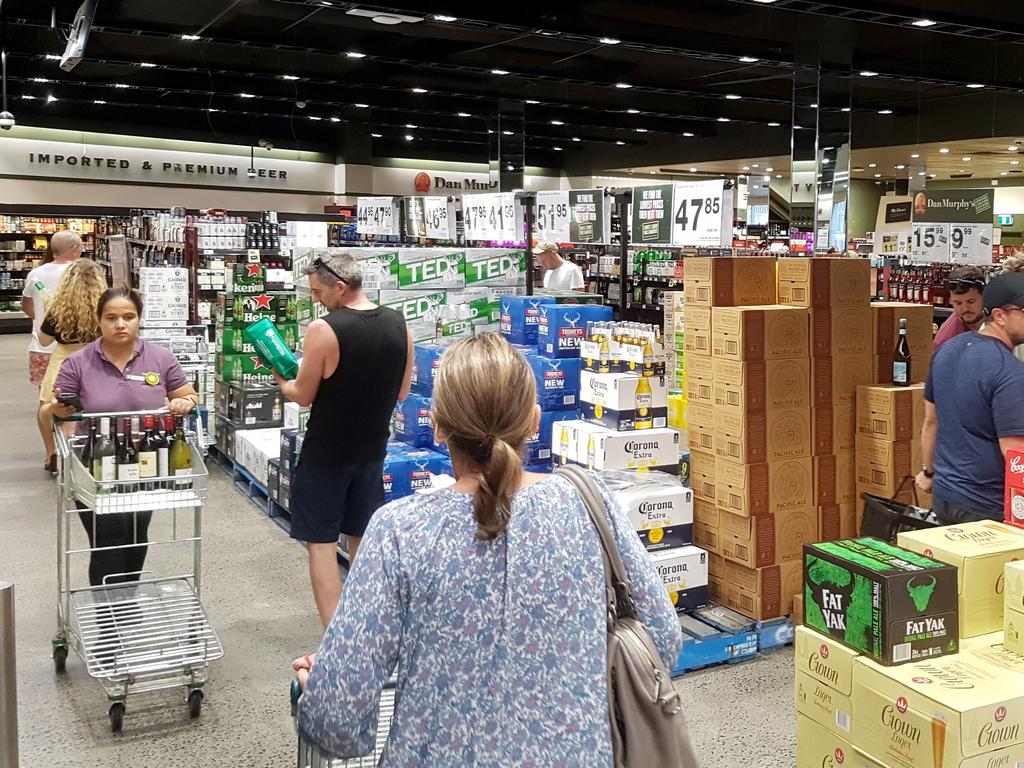Anxious consumers ripe for change, NAB index finds
Soaring consumer anxiety will leave a mark on the way Australians spend money long after the pandemic threat has passed, NAB says.

Australians’ level of anxiety has increased sharply alongside the spread of the coronavirus, triggering changes in consumption patterns which could linger long after the epidemic is over, NAB’s head of behavioural economics said.
The bank’s quarterly survey on consumer anxiety, released Thursday, showed a steep lift in March to push above average levels for the first time since late 2018 – the last time there were broad, if ultimately unfounded, fears of a global recession.
NAB’s Dean Pearson said the survey showed “just how quickly consumer anxiety is climbing and how our behaviours are changing, really quite rapidly, due to the fear surrounding the coronavirus and the isolation being imposed on many Australians”.
NAB’s consumer anxiety index for March lifted 2.4 points from December to 60.1 points. The steepest increase was around job security, which climbed 5.8 points to 52.3, the highest since the survey began in early 2013. A reading of 100 points indicates “extreme anxiety”, and the index peaked at above 64 in 2014 with an average reading of 59.4.
“When we ask consumers about major household purchases, that has really fallen sharply,” he said.
Anxiety rose noticeably between the first wave of 1000 respondents March 12th-16th, who yielded an anxiety score of 59.1, and the second, who were surveyed March 17th-20th and who rated their level of anxiety at 61.1.
The surveys predated the string of lay-offs triggered by the enforced shutdown of non-essential services and tough new rules designed to keep Australians at home as much as possible.
“It’s really difficult to see how consumer anxiety won’t continue to rise from here,” Mr Pearson said.
Worryingly, around a quarter of respondents said they had spent more than they earned over the last three months, with the number significantly higher among lower income groups, the NAB survey showed, suggesting a dramatic change may be ahead for how many households manage their finances.
While climbing anxiety suggests households will spend less overall – and particularly on larger purchases – Mr Pearson said the forced isolation would drive a shift towards buying goods and services on the internet.
Online spending only accounts for 10 per cent of retail – a number which the NAB economist said would surely increase as those accustomed to shopping online did more, but also as members of the community discovered the advantages of the trend.
‘It’s really difficult to see how consumer anxiety won’t continue to rise from here.’
For example, supermarkets’ push to provide delivery services to more vulnerable segments of the community will introduce online shopping for groceries to older Australians, some of whom may not have been accustomed to the practice.
The health crisis is also driving the increasing adoption of cashless payment, as well as the development of services delivered over the internet, such as distributing content directly to consumers, such as entertainment and sport, as well as the delivery of online health services, such as diagnosis and treatment of patients via video-link.
The restaurant industry, which has largely moved to a delivery model, will also be marked by the enforced change of habits.
The growth of so called “ghost kitchens” – rented spaces for restaurants to prepare food for deliveries only – are “only likely to rise”, Mr Pearson said, as business owners discover they are a cost-effective way to prepare and sell food.
Companies are embracing new ways of doing business in an unprecedented operating environment. Education providers are using digital learning programs, gyms are providing online workouts.
“Humans are resistant to change, but also incredibly adaptable,” Mr Pearson said. “Things can become normalised very quickly.”
“How many of these new behaviours will endure once social distancing ends remains uncertain, but the ability of consumers to adapt to new ways of purchasing, working and living has never been clearer.”








To join the conversation, please log in. Don't have an account? Register
Join the conversation, you are commenting as Logout